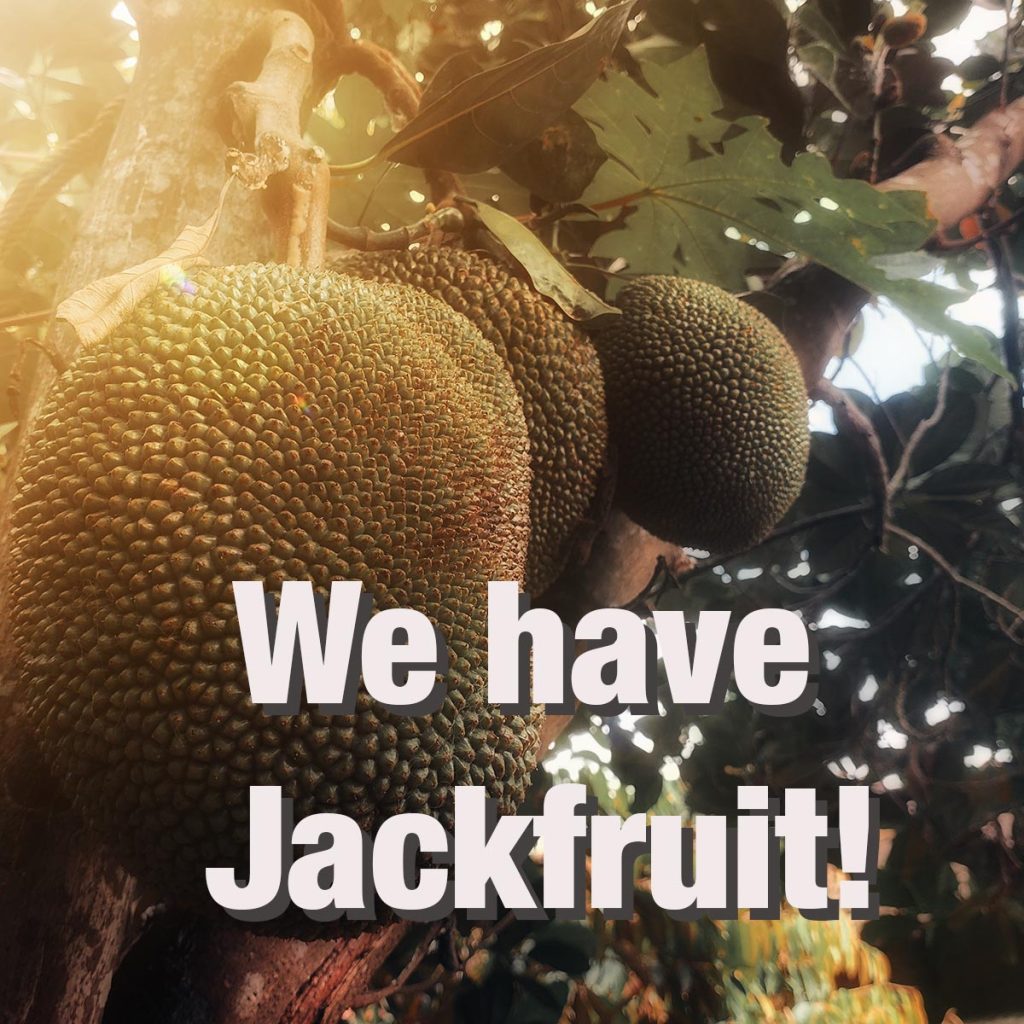Why This Nursery Doesn’t Recommend Citrus or Avocado Trees
Recently Florida’s Commissioner of Agriculture, Adam Putnam, distributed a story that had been reported on a Tampa-area television station. It quoted some fairly astonishing statistics regarding citrus production in Florida: The most recent growing season yielded 104 million boxes of oranges. Only 11 years ago, 243 million boxes were picked! Some of the difference was due to hurricanes that strafed the state in mid-decade, but the bulk of the staggering loss resulted from citrus greening, a disease discovered in Florida in 2005. Greening ruins the appearance and taste of citrus fruit, and ultimately kills trees within a few seasons. A reliable cure is, at best, still several years away. It is a much greater threat than citrus canker.
To make matters worse, most varieties of citrus are not grown on the rootstock necessary for success in the soils of southern Florida. So right now Richard Lyons’ Nursery firmly recommends that homeowners interested in fruit trees buy something other than citrus.
Avocados also face a dicey future in our region. A tiny insect, the Redbay Ambrosia Beetle, carries a fungus, commonly known as Laurel Wilt, that has been spreading south from Georgia since 2002. In March 2012 the disease was detected in the northernmost avocado groves of southern Florida. The earliest observable effect of Laurel Wilt is dieback of leaves, stems and limbs, but all infested trees eventually die. Until a reliable, affordable treatment to prevent Laurel Wilt is developed, Richard Lyons Nursery will not sell avocado trees.
